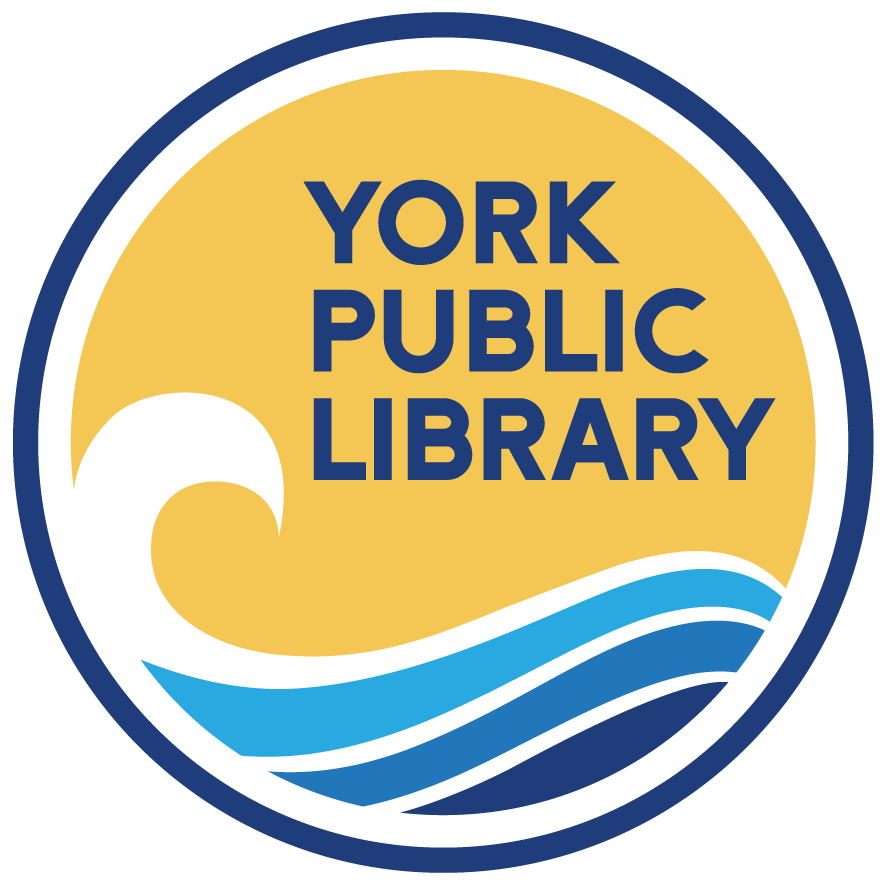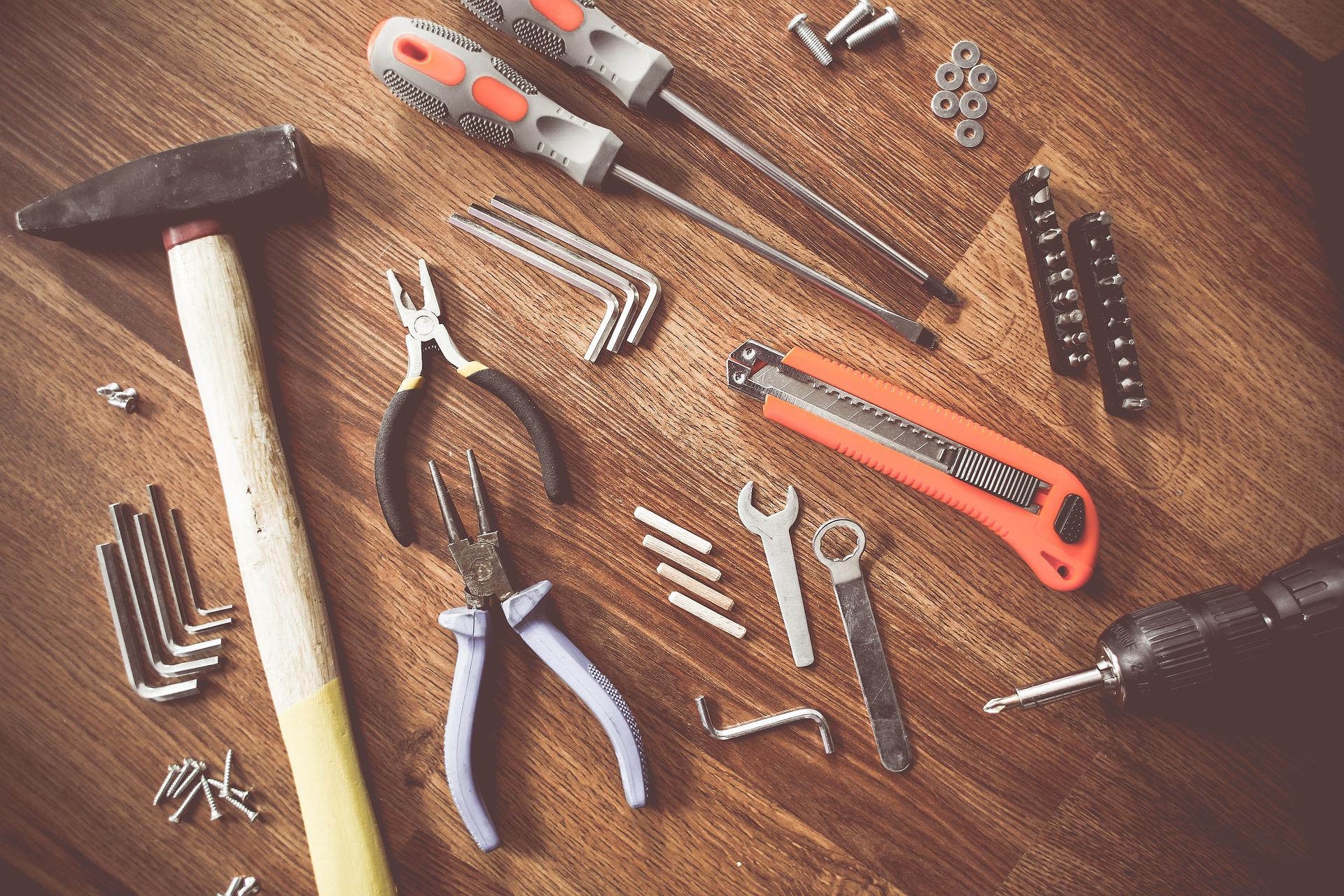Repair cafés and “fix it” clinics are popping up all over the country as a natural successor to the maker movement. They use the practical application of tinkering to discover common problems with household items to reuse them rather than send them to the landfill. Our community of local fixers will convene at York Public Library on Saturday, April 30 to “tinker” and you’re invited. This event is BYOBS (that is, bring your own broken stuff).
I love watching people tinker with things, so last month when presented with the option of hosting a repair clinic, I jumped at the chance. Our Repair Clinic on April 30 from 10 to 11:15 a.m., in the Library’s Community Room will connect participants with repair coaches to learn how to fix a wide array of items. Our coaches for this event have a variety of skills: a gardener who can help you get your gardens back into shape; a cyclist to teach you how to maintain your bike and perform simple repairs; a pair of skilled stitchers who can teach you how to sew on a button or patch; an electrical engineer to help fix small-appliances like toasters and coffee makers; and a local enthusiast to help repair antique hand tools. What I am most excited about, though, is the coach who will show you how to clean cast-iron pans with an electrolysis tank. For participants who do not get their item repaired that day, someone from the Recycling Committee will be on hand to let them know if, how, and where the item can be recycled.
As I was planning this event, I began to reflect on the sustainability aspects of it and what our profession does to support those goals. Libraries love sharing resources. We do this through books, eBooks, comics, consortia, digital materials, and our “Library of Things” such as gingerbread molds. This has a profound economic benefit, but it also has an environmental one. The more items we share, the less we make and inevitably discard. According to Penguin Random House, it takes 4.4 pounds of CO2 to make every 2.2 pounds of book weight. Last year, our library circulated over 70,000 items. That means York residents saved over 30 metric tons of CO2 emissions by using the library! For context, that’s the same amount of CO2 produced by six gasoline powered vehicles for an entire year or the entire energy use of almost four homes.
If you’re interested in attending, register on our website. Please bring what materials you need to fix your item (buttons, fabric patches, bike tires, etc.).
This event is part of a series of events happening in April across York and coordinated by the Waste Reduction and Diversion committee. To see what else is happening this month, check out yorkreadyforclimateaction.org.
– Devin Burritt
Devin Burritt is York Public Library’s Technology and Reference Librarian. This article was originally published in the Library’s weekly “Shelf Life” column, which is featured in The York Weekly and SeacoastOnline.com.

